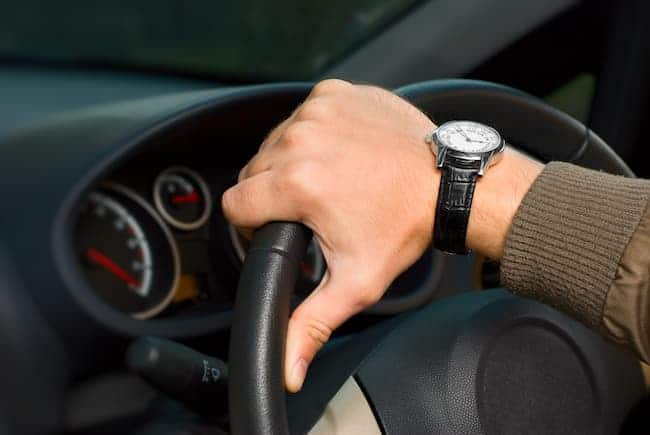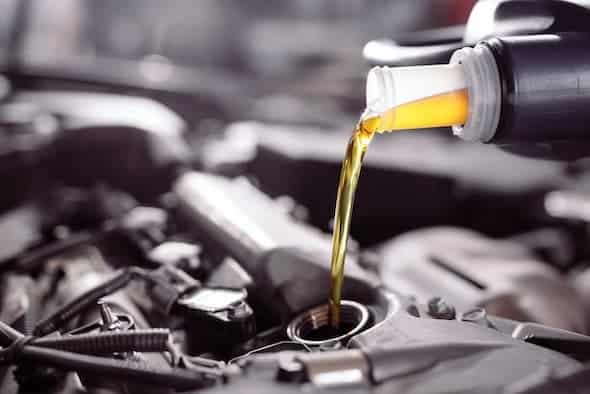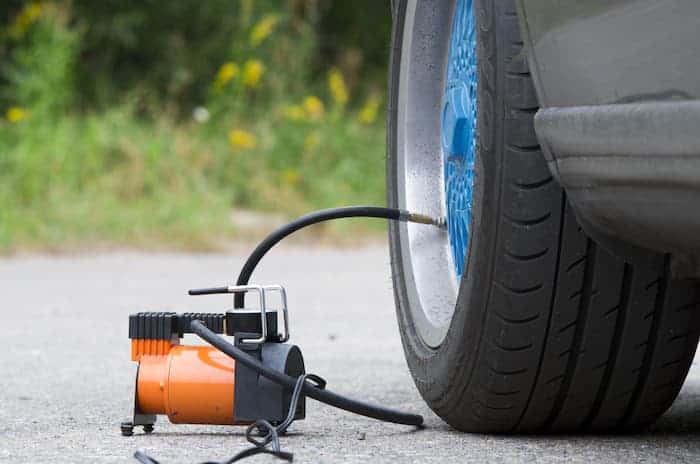When driving your car, you may notice that it produces an unusual noise when you turn the steering wheel. The sound can vary from a grinding or groaning noise to a clicking or humming noise. This is not only annoying but can also be an indication of a potential problem. In this article, we will explore the common reasons why your car makes noise when turning the wheel, how to diagnose and solve the issue, and preventive measures to avoid future problems.
Table of Contents
ToggleCommon Reasons for a Car Making Noise When Turning the Wheel

Several reasons could cause your car to make noise when turning the wheel. The most common ones include:
Faulty Power Steering System
The power steering system assists you in turning the wheel with ease. However, when it fails, it can cause a screeching or groaning sound. The following components of the power steering system could be responsible for the noise:
Low Power Steering Fluid

When the power steering fluid is low, the pump can’t work effectively, leading to a whining noise.
Damaged Power Steering Pump
The power steering pump is responsible for the smooth flow of power steering fluid. A damaged pump can cause a grinding noise.
Worn Out Power Steering Belt
The power steering belt transfers power from the engine to the pump. If the belt is worn out, it can cause a squeaking or screeching sound.
Worn Out Suspension System
The suspension system helps absorb shocks from the road, providing a smooth ride. If it’s worn out, it can cause noise when turning the wheel. The following parts of the suspension system could be responsible for the noise:
Worn Out Ball Joints
The ball joints connect the wheels to the suspension system. Worn-out ball joints can cause a creaking or clunking noise.
Damaged Control Arm Bushings
Control arm bushings cushion the impact of bumps and potholes. When they’re damaged, they can produce a groaning noise.
Worn Out Struts or Shocks
Struts and shocks help absorb shocks from the road. When they’re worn out, they can cause a rattling or clunking noise.
Bad Wheel Bearings
Wheel bearings allow your wheels to turn smoothly. When they’re worn out, they can produce a humming or grinding noise.
Diagnosis and Solutions
To diagnose the issue, follow these steps:
Testing the Power Steering System
Checking Power Steering Fluid
Check the power steering fluid level by referring to your car’s manual. If it’s low, add more fluid and see if the noise subsides.
Inspecting Power Steering Pump

If the fluid level is sufficient, inspect the power steering pump for any damage. Replace the pump if necessary.
Examining Power Steering Belt
Inspect the power steering belt for wear and tear. Replace it if necessary.
Inspecting the Suspension System
Checking Ball Joints

To check for worn-out ball joints, jack up your car and check for any excessive play in the wheels. Replace the ball joints if necessary.
Inspecting Control Arm Bushings
Inspect the control arm bushings for any cracks or tears. Replace them if necessary.
Examining Struts or Shocks
Check the struts or shocks for any leakage or damage. Replace them if necessary.
Testing Wheel Bearings
Listening for Noise
Listen for any humming or grinding noise while driving your car. If the noise is coming from one of the wheels, the wheel bearing may be the culprit.
Feeling for Wheel Movement
To test for worn-out wheel bearings, jack up the car and shake the wheels. If there’s any excessive movement, it’s time to replace the wheel bearings.
Preventive Measures
To avoid noise when turning the wheel, follow these preventive measures:
Regular Maintenance Checks
Schedule regular maintenance checks with your mechanic to ensure that all components are in good condition.
Replacing Worn Out Components
Replace worn-out components as soon as possible to avoid further damage to your car.
Using Quality Parts
Use quality parts when replacing components to ensure their longevity and prevent future issues.
Conclusion
In conclusion, if you notice your car making noise when turning the wheel, it’s essential to address the issue as soon as possible. The most common reasons for the noise include a faulty power steering system, a worn-out suspension system, and bad wheel bearings. To diagnose the issue, test the power steering system, inspect the suspension system, and test the wheel bearings. Follow preventive measures to avoid future problems.
It’s not advisable to drive your car if it’s making noise when turning the wheel as it could indicate a potential issue that needs to be addressed.
A screeching noise when turning the wheel could be due to low power steering fluid or a worn-out power steering belt.
The cost of replacing ball joints can vary depending on the make and model of your car. On average, it could cost anywhere from $200 to $400.
Yes, bad wheel bearings can cause your car to shake as they affect the smooth rotation of the wheels.
Refer to your car’s manual for specific instructions, but generally, it’s recommended to replace the power steering fluid every 50,000 miles or every two years.




